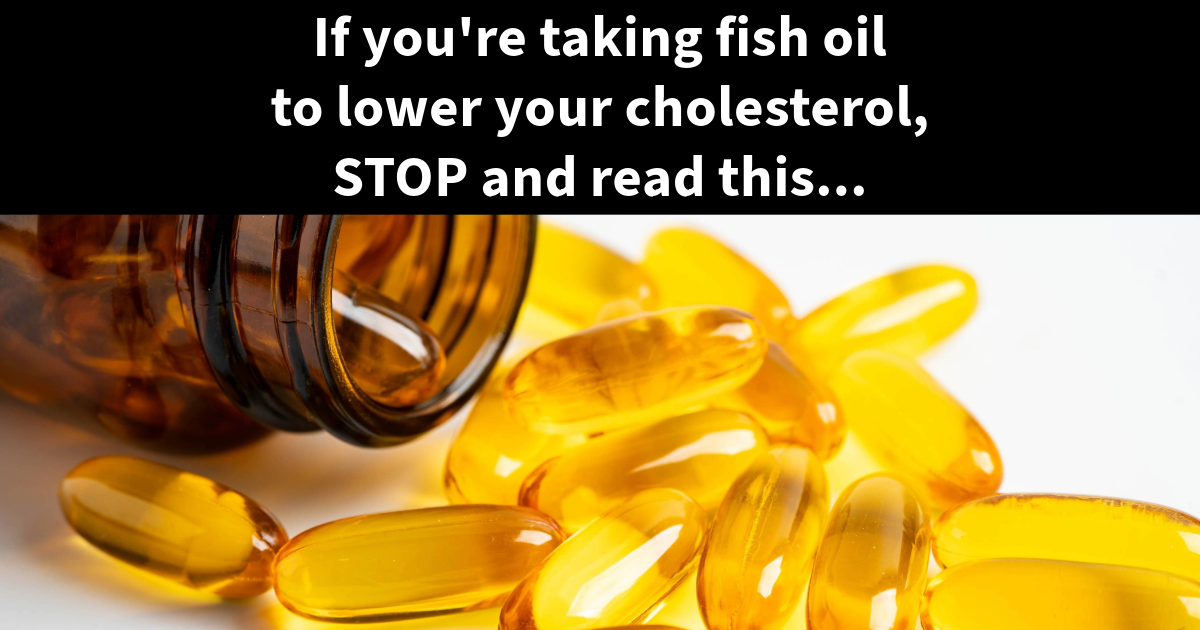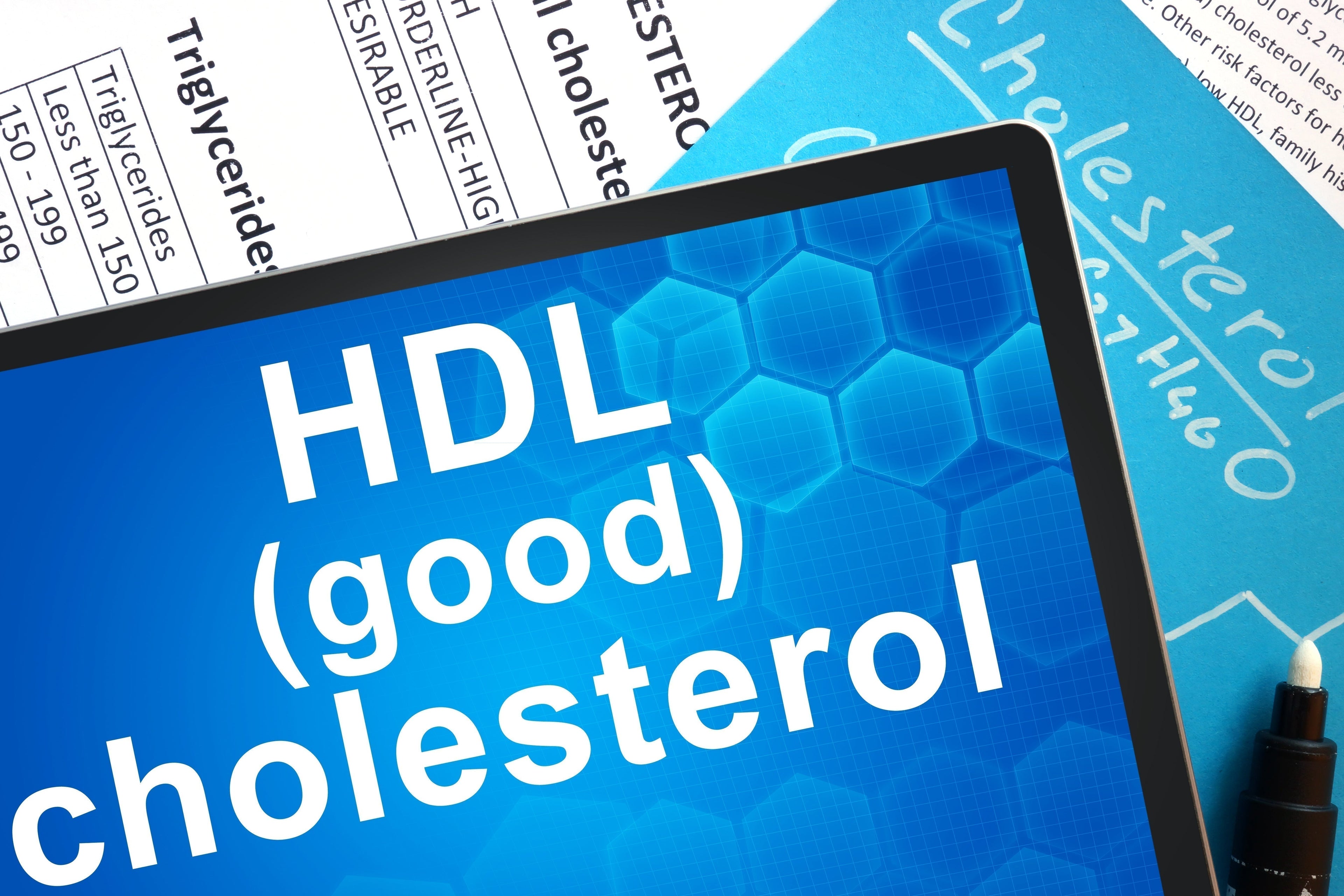Nearly 1 in 5 American adults have low HDL (“good”) cholesterol levels, while 10 percent of adults and 7 percent of children in the U.S. have unhealthily high total cholesterol levels. In other words, elevated cholesterol is a pervasive problem, and many sufferers would benefit from knowing more about their condition so they could do more to mitigate it.
Those who already know that there are two types of cholesterol might struggle to remember the difference, asking themselves, “Which is the good cholesterol, HDL or LDL?”
There are a couple of key differences to remember when comparing HDL and LDL cholesterol (otherwise known as “good” cholesterol vs “bad” cholesterol): their overall density and, by extension, their effect on plaque buildup in arteries (atherosclerosis).
What are the main differences between LDL and HDL Cholesterol?
These are the most significant differences between good and bad cholesterol (HDL vs LDL cholesterol). Remembering the critical features of each type of cholesterol can make it easier to keep the two straight, especially after memorizing what each acronym stands for.
Low-Density Lipoproteins (LDL)
Low-density lipoproteins, or LDL, are a kind of cholesterol-carrying particle found in the bloodstream.
LDL Is Commonly Known as The Bad Cholesterol
LDL is commonly known as the “bad cholesterol” because having high LDL cholesterol levels may increase the risk of cardiovascular disease.
Causes Of Plaque Buildup in Arteries
High LDL levels can lead to plaque buildup in the arteries. This process is known as atherosclerosis and involves the gradual accumulation of plaque, which is primarily comprised of fats and calcium, on the walls of the arteries. The accumulation may then restrict blood flow and significantly increase the risk of cardiovascular disease. An informal term for this condition is “hardening of the arteries.”
Coronary Atherosclerosis
In cases of coronary atherosclerosis, the buildup of plaque accumulates in the coronary arteries, which supply blood to the essential heart muscle. This can cause chest pain (angina); most dangerously, a total blockage of the coronary arteries may lead to a life-threatening heart attack.
Aortic Atherosclerosis
Also known as atherosclerosis of the aorta, this is typically a buildup of plaque in the aorta, the largest blood vessel in the body, which transports blood out of the heart and into the circulatory system.
This type of plaque buildup may stretch, damage, or even tear the wall of the aorta in the case of an aortic aneurysm, which may then cause severe bleeding. It can also lead to a stroke, which is thought of as a serious medical event that occurs when a blood clot impedes blood flow to part of the brain - this lack of blood flow can cause an array of damage. Aortic dissection occurs when there is a tear between the walls of the aorta, which may then come apart, again leading to severe bleeding.
These consequences may illustrate the alarming implications of elevated LDL cholesterol.
HDL (High-Density Lipoproteins)
High-density lipoproteins, or HDL, transport cholesterol from tissue to the liver.
HDL Is Commonly Known as The Good Cholesterol
HDL has earned the title of “good cholesterol” because HDL was originally thought to be beneficial for cardiovascular health, actively protecting against atherosclerosis by helping to remove excess cholesterol. This classification is currently thought of differently, as HDL is now considered a neutral form of cholesterol rather than "good".
Removal of Excess Cholesterol from Arteries
Adequate levels of HDL in the bloodstream may help to reduce plaque in the arteries. High-density lipoproteins are thought to remove excess cholesterol from arteries in a process known as reverse cholesterol transport: HDL may pick-up cholesterol from cells in the arterial walls, then carry it back to the liver for excretion or reprocessing. This can prevent cholesterol from accumulating in the arteries and may significantly benefit cardiovascular health.
What are normal HDL AND LDL Cholesterol levels?
Maintaining normal HDL and LDL levels, as well as an LDL/HDL ratio below 5:1 (or, even better, below 3.5:1), is thought of as an important part of protecting heart health.
Normal HDL Levels
According to many physicians, the normal range for HDL cholesterol is anything above 40 mg/dL but maintaining a 60 mg/dL or above may be even more beneficial for heart health.
Normal LDL Levels
LDL cholesterol levels of <100 mg/dL are thought to be optimal for those who do not have known cardiovascular disease or type 2 diabetes.
What is an In-Range Total Cholesterol Number?
Total cholesterol levels measure the total amount of cholesterol in the blood, including both LDL and HDL. A total cholesterol level of 200 mg/dL or less is typically average for adults, while those under 20 years old should typically aim for total cholesterol levels below 170 mg/dL.
Natural Cholesterol Lowering Supplements
Those searching for a natural supplement to lower their LDL cholesterol and natural supplements for increased heart health may benefit from incorporating a bergamot supplement into their routine.
Citrus Bergamot
Bergamot oil, which may be found in the delicious and popular blend of tea known as Earl Grey, can have significant benefits for heart health as well as other major health benefits.
Bergamot Benefits
The benefits of bergamot extract for maintaining healthy cholesterol levels and a normal LDL/HDL ratio are thought of as being extensive:
Lowers LDL Levels
Consumption of bergamot extract may lower LDL cholesterol levels.
Lowers Total Cholesterol Levels
Regular use of bergamot extract may also help lower total cholesterol levels (the combination of LDL and HDL cholesterol levels).
Raises HDL Levels
A higher HDL cholesterol level may be beneficial and protective for heart health since having more HDL may help remove plaque from the arterial walls and process it through the liver. This may reduce the likelihood of severe atherosclerosis complications such as aortic aneurysm, stroke, aortic dissection, and heart attack.
Supports Healthy Blood Sugar Levels
Elevated blood sugar (hyperglycemia) can be a serious health problem, especially when it turns into diabetes. Diabetes often occurs alongside elevated cholesterol and may also raise levels of LDL and lower levels of HDL.
BERGAMOT HEART
One of the best ways to get heart-healthy on a daily basis is to take bergamot extract as with Inner Thera’s Bergamot Heart supplement. Its efficacy is backed by results from a university-based human study on Calabrian Bergamonte®, which shows that the supplement’s central ingredient may be able to reduce LDL cholesterol levels by 36%, raise HDL cholesterol by 40%, and reduce blood sugar by 22%, among other evidenced health benefits.
In Bergamot Heart, the proven benefits of 1,000 mg of full spectrum Bergamonte® are enhanced by the inclusion of critical synergistic ingredients: 50 mg of vitamin C, which is thought to combat lipid oxidation and cellular breakdown, and 100 mg of artichoke extract, which may help to support healthy blood pressure. This makes a potent combination for those seeking to proactively support their cardiovascular health by taking just two capsules a day.
Bergamot polyphenols are also thought of as highly potent antioxidants, preventing free radical damage in the vascular endothelium, which are the tissues lining the blood vessels. These polyphenols have also been shown to suppress inflammation and may make arterial plaque less likely to form altogether.
Just like every Inner Thera product, Bergamot Heart is manufactured in the United States in a leading, FDA-regulated facility. For further peace of mind, all Inner Thera products are also third-party tested to confirm their purity and potency. Bergamot Heart is also vegan, non-GMO, soy free, and gluten free.
Be sure to speak to a medical professional before taking this or any supplement containing bergamot.





